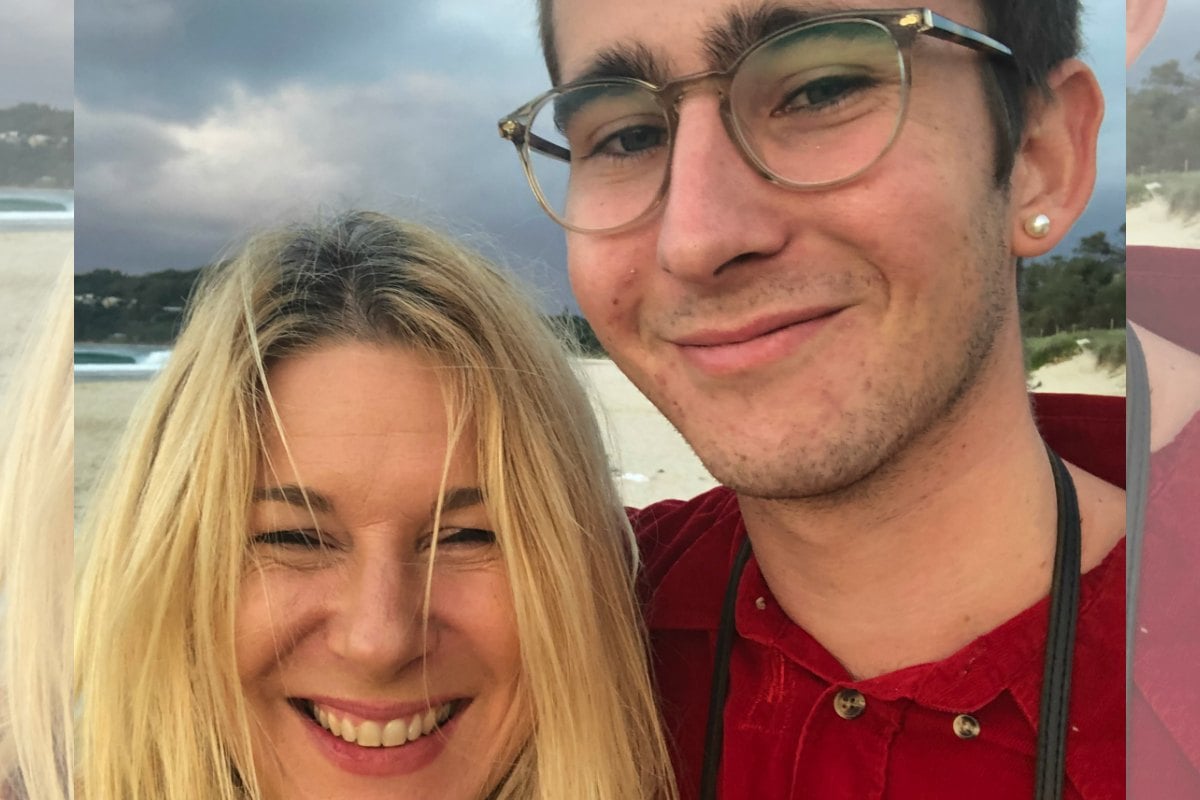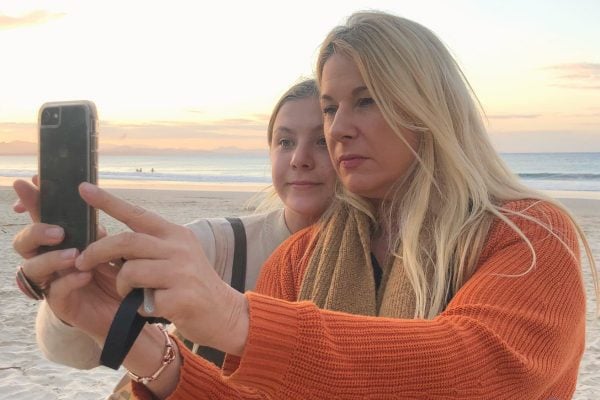
For some time now, we’ve been told that married men live longer than single men. That might be the case, or is it just because the married men have partners who made them fill out the survey? Maybe the single men haven’t opened the mail in a few months! Conversely, according to behavioural scientist Paul Dolan, “the healthiest and happiest population subgroup are women who never married or had children.”
That’s a pretty broad statement to make. And as a married woman with five kids I am reticent to compare myself to my single, childless girlfriends.
These ‘findings’ seem to grossly underestimate how diverse we are as a population and I don’t believe our happiness or our health can be generalised and aggregated to conclude that married men live longer or married women die first. What happens to people in their lives is intensely personal and non-comparative and most people would feel very different on any different day depending on their circumstances.
There might be very little correlation between how happy you are, your relationship status and the number of kids you have, but here are some scientifically-proven happiness hacks you can try:


Top Comments
Oh, the delicious irony of an article belittling a scientific research study, with a video in the middle claiming “but here are some scientifically-proven happiness hacks you can try”!! Priceless!
The study discussed WAS scientifically proven. By data. That doesn’t mean it applies to YOU specifically. Just like those helpful “happiness hacks” would do nothing to relieve my chronic, treatment resistant depression. Does that mean no one should try them? Heck, no! They’re legitimately scientifically proven. I just know they won’t work for ME.
data that doesn't match your experience doesn't change your experience.
But allowing negative sides of marriage and motherhood for women to be aired is important.
Ditto, the fact women can be happy without children also needs to be acknowledged in the mainstream.